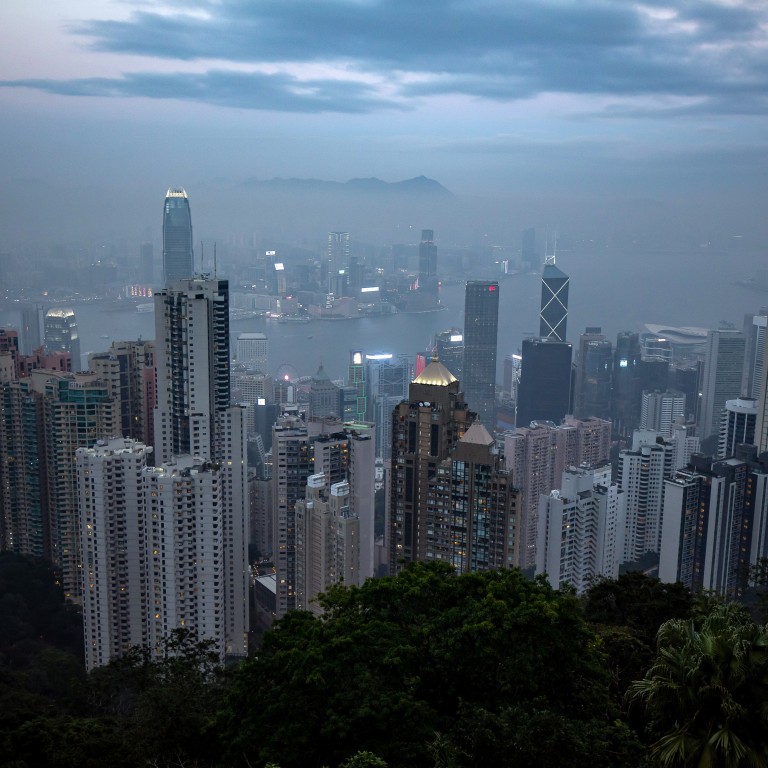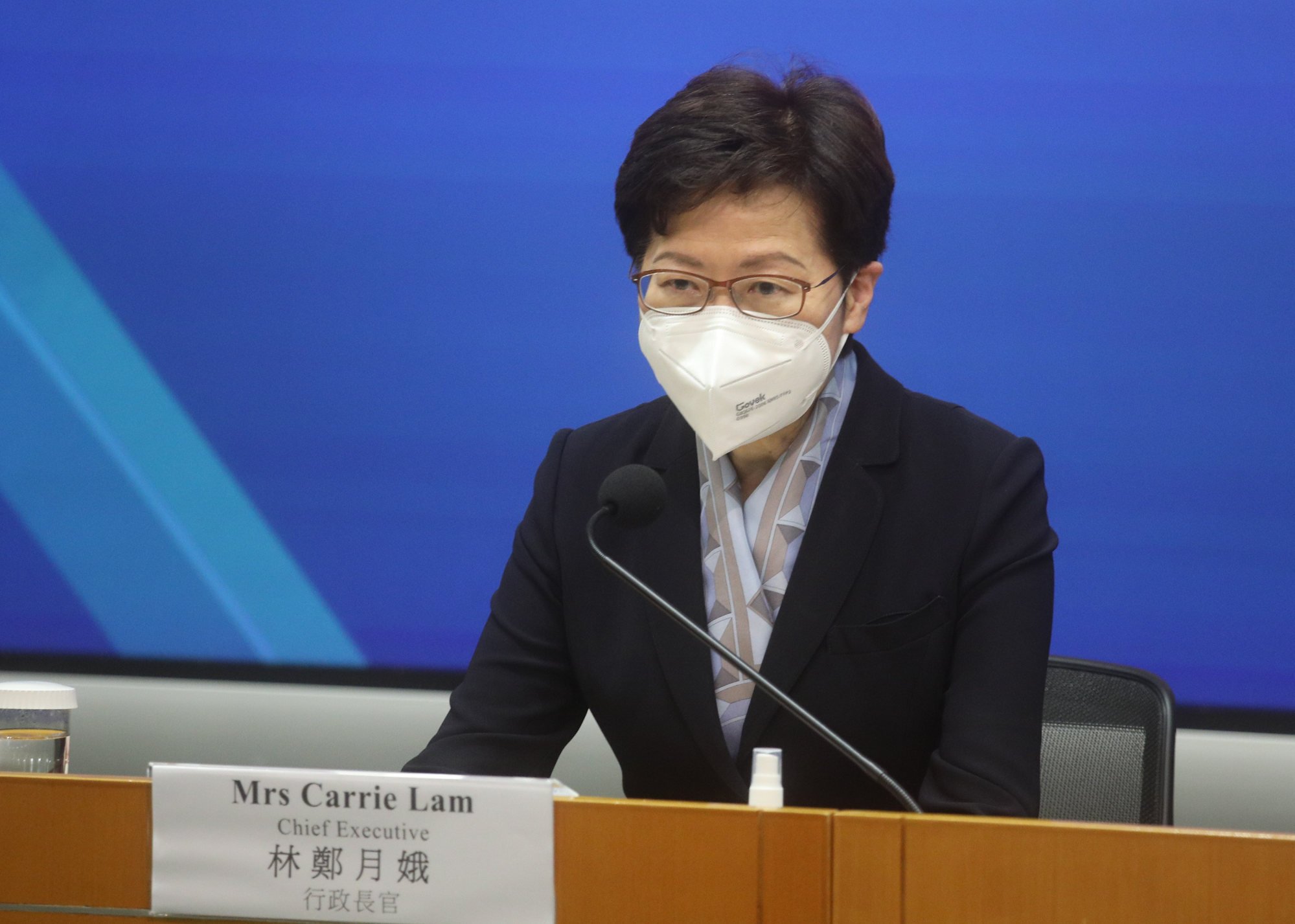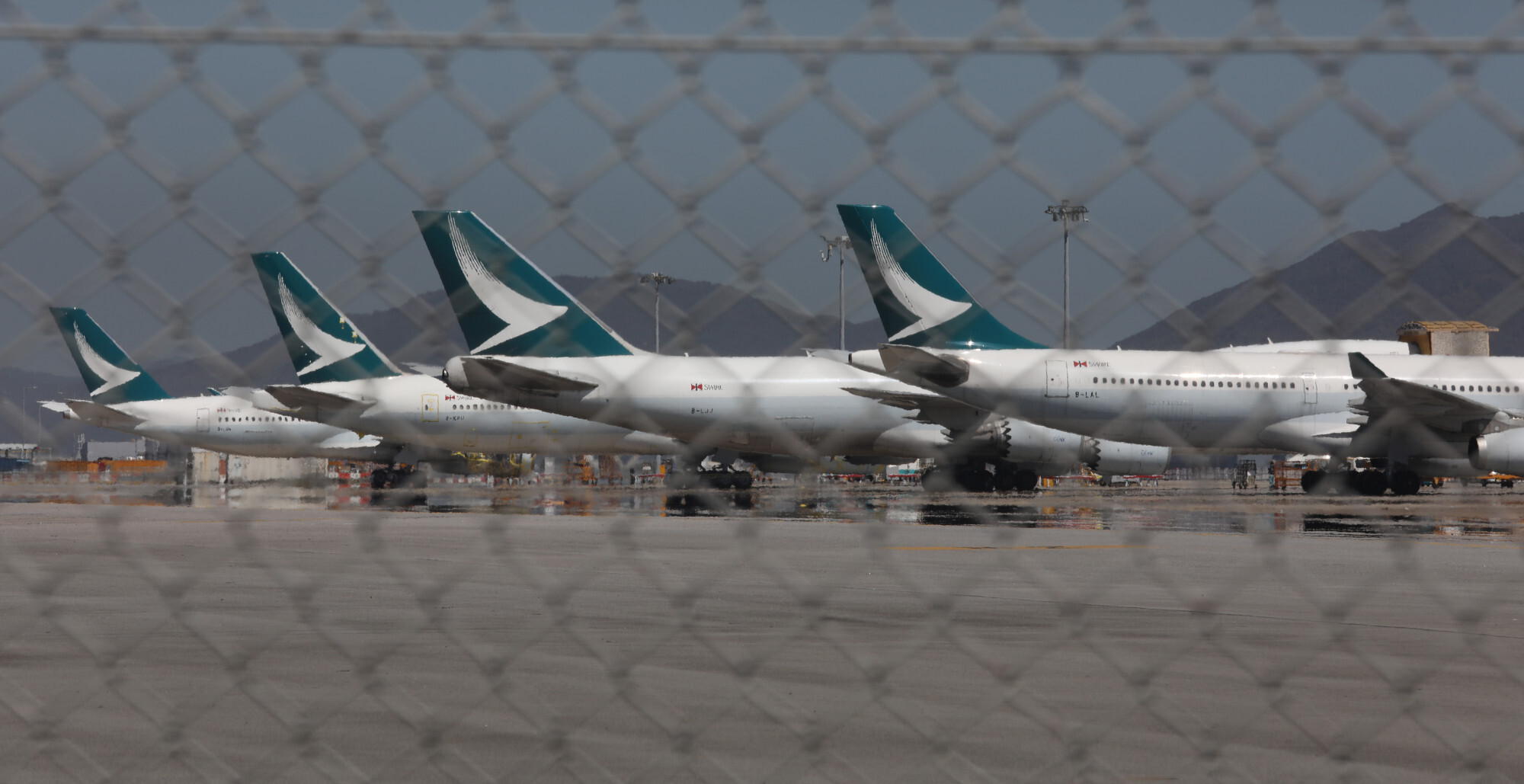
Coronavirus Hong Kong: Carrie Lam set to reveal eased pandemic measures on Monday, caseload drops to 14,149
- City leader says those infected in fifth wave to be excused from testing in building lockdowns
- She warns that a rebound could still happen as sewage testing has uncovered more cases, and more people are going out
At her daily press briefing on Sunday, Lam also announced adjustments to the city’s testing policies. Authorities would resume issuing compulsory screening for people who had been to places where a confirmed Covid-19 case had visited, but those who were infected in the fifth wave would be exempted from regular building lockdowns.
Hong Kong confirmed 14,149 new cases and reported 246 deaths related to Covid-19, including backlogged ones. The latest infections were the fewest since February 25, when the number first crossed the 10,000 mark.

“The drop can be due to multiple reasons – the virus has reached a point at which a lot of people in the community are already infected or have immunity due to such factors as vaccination, social-distancing measures and so on,” said Dr Chuang Shuk-kwan of the Centre for Health Protection. “But we should still be vigilant as the cases may rebound.”
Of the 205 patients who died in the past 24 hours, 129 had no vaccination records, 44 had received one dose, 31 had two and one had three.
The city’s Covid-19 tally since the pandemic began stood at 1,047,690, with 5,896 related deaths.
Chuang said the case fatality rate for patients aged 80 and above who had received one dose of the Chinese-made Sinovac vaccine was 5.83 per cent and 3.44 per cent for residents who had taken a single shot of the German-manufactured BioNTech. No breakdown was provided for other age groups.
But she stressed that both vaccines offered protection and said a majority of the fatalities involved patients who were unvaccinated.
“The question is not which vaccine you get, but whether you are vaccinated or not,” Chuang said. “For those aged 80 or above, just one dose of vaccine, no matter which one you receive, will lower the death rate by about three times. For two doses, the rate will fall nearly six times.”
According to a second government source, the mass testing scheme was unlikely to be launched in the near term as officials still needed to draw up a comprehensive plan. The Post reported earlier that the operation could be moved to April as part of a shift in focus to reducing coronavirus death rates and caring for the elderly.
The insider said the government had a tiered system for deciding how to handle cases uncovered by the screening.
“Those with serious symptoms will be sent to hospital immediately,” the source said. “Those with less serious symptoms will be sent to isolation facilities, but those whose homes are more spacious can stay at home.”
Authorities also brought forward the third stage of the “vaccine pass” scheme by a month. Starting on May 31, residents aged 12 and above must have either taken all three shots or two doses with the latest one within the past six months in order to enter most public places.
Lam said the road map she expected to deliver soon was based on the downward trend in infections, bearing in mind signs of a rebound from sewage tests and traffic records from Octopus cards that residents used for commuting and purchases.
‘Waiting to die alone’: Hong Kong elderly infected with Covid-19 lack support
Lam on Sunday described boosting the vaccination rate among the elderly as “key” to whether social-distancing measures could be eased, appealing to 280,000 residents aged 70 or above to take their first jab as soon as possible.
“The whole world can see Hong Kong’s very high Covid death toll due to the relatively low vaccination rate among the elderly,” she said. “But it is a very difficult decision to force every elderly person to take jabs by legislative means. I won’t make this decision today, and have no plans to do so.”
The vaccination rate of elderly aged over 70 stood at 70 per cent, and that for those aged over 80 was only at 56 per cent, she said.
As of Sunday, 122 care homes for the elderly and 68 homes for the disabled, had logged cases over the past two weeks, with 4,283 residents and 1,132 workers infected over the same period.

In the past year, the government has relied on lockdowns of buildings to weed out infections among residents. More than 250 operations were conducted, Lam said, involving 350,000 residents, in which 23,000 had tested positive for Covid-19, amounting to a detection rate of 2 to 3 per cent.
Lam added residents confirmed as infected since the fifth wave emerged on December 31 last year would be exempted from tests in such overnight operations, pointing out that such patients would not transmit the virus to others for at least three months as their viral load was low.
But the order would still apply to the vaccinated or those who had recently tested negative on rapid antigen kits, Lam warned, citing the highly transmissible nature of the Omicron variant.
Separately, Dr Lau Ka-hin, a chief manager at the Hospital Authority, revealed that its staff working at the Tsing Yi community isolation facility would be reassigned to other locations and medical staff working in the private health care industry would take over.
The 3,900-bed site was built by the state-owned China State Construction Engineering Corporation in less than a week to house patients with mild or no symptoms.
Lau said the new staff members would be trained during a brief transitional period but he expressed confidence the handover would go smoothly as “they have full knowledge of how to take care of patients in isolation facilities”.



